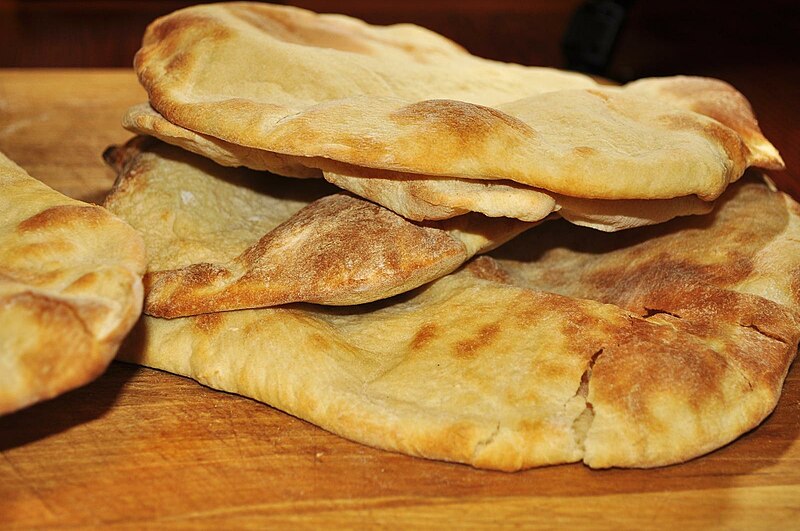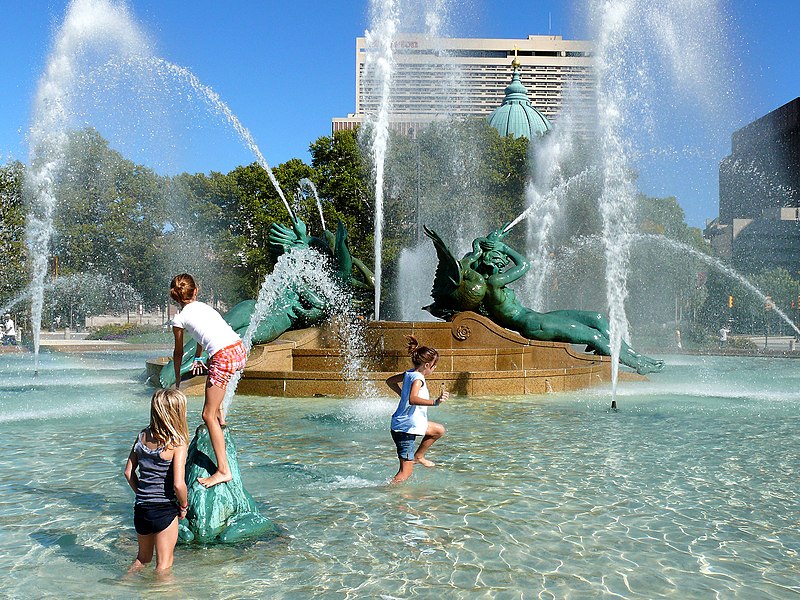
Watching for the Morning of April 26, 2020
Year A
The Third Sunday of Easter
Jesus won’t stay. He sits down for the breaking of the bread with the disciples at Emmaus, but then he is off. There are others who need to see him.
That sense of mission persists in the resurrection narratives. The work is not over. There is a world in need of healing, a world in need of peace, a world that needs to be met by the risen Christ. Sunday we will hear Peter finish his message to the crowds on Pentecost and they will ask to be washed in the Spirit of God. From there they will gather around the broken bread and preached word. The poet of the psalm will cry out to God for deliverance from a deadly disease. Healed, he lifts up “the cup of salvation” and proclaims they mercy of God. The letter of 1 Peter will speak of how they have been born anew “through the living and enduring word of God.”
Jesus has spent hours rooting his followers in the scriptures and explaining how his life, death, and resurrection embody the whole witness of scripture to a God who calls us forth into life and delivers us again and again when the future seems lost. It is not just a few passages about a suffering servant and a promised Messiah that his followers must learn, but the message of a God who calls forth a good and beautiful world from the primal chaos, who protects our first parents when they have betrayed God and lost the garden, who delivers the creation at the time of Noah and blesses it anew, who gives Abraham and Sarah a child when the promise of blessing to the world seems hopeless, who delivers a people from bondage and leads them through the wilderness despite their faithlessness, who remains faithful even when Jerusalem and its temple falls. When all hope fails, God is there to lead us back to God’s will and way. Deserts bloom and a highway opens in the wilderness. The stone is rolled away and the emptiness of the grave is seen.
In the word and the breaking of the bread Christ is present. But then he is away. There is a world to heal, a new creation to dawn.
The Prayer for April 26, 2020
Gracious God,
as Jesus revealed himself to his disciples in the breaking of the bread,
and opened their minds to understand the scriptures,
continue to reveal yourself to us
that we may live in the joy and freedom of your grace,
and bear witness to your redeeming love;
through Jesus Christ our Lord,
who lives and reigns with you and the Holy Spirit,
one God, now and forever.
Amen
The Texts for April 26, 2020
First Reading: Acts 2:14a, 36-42 (appointed, 2:14a, 36-41)
“Therefore let the entire house of Israel know with certainty that God has made him both Lord and Messiah, this Jesus whom you crucified.” – Peter bears witness to the crowds at Pentecost, urging them to turn and show allegiance to Christ Jesus whom God has vindicated and revealed as Lord by his resurrection. Many respond and are baptized, joining the community around the word and breaking of the bread.
Psalmody: Psalm 116:1-4, 12-14 (appointed: Psalm 116:1-4, 12-19)
“What shall I return to the Lord for all his bounty to me? I will lift up the cup of salvation and call on the name of the Lord” – a prayer of thanksgiving for healing. The poet is delivered from death and feasts in the Lord’s presence.
Second Reading: 1 Peter 1:17-23
“You have been born anew, not of perishable but of imperishable seed, through the living and enduring word of God.” – a homily on baptism urging the believers to remain faithful to their new life.
Gospel: Luke 24:13-35
“Now on that same day two of them were going to a village called Emmaus.” – Jesus appears to two disciples on the road to Emmaus, opening to them the scriptures and revealing himself in the breaking of bread.
+ + +
I apologize to those who follow this blog for my absence during the last several months. My time was taken up with daily devotions for Lent at our Holy Seasons site.
Image: https://commons.wikimedia.org/wiki/File:Duccio_di_Buoninsegna_-_Road_to_Emmaus_-_WGA06821.jpg Duccio di Buoninsegna / Public domain





 We suffer a little whiplash by this Sunday, going from Matthew (on Easter Sunday) to John (last Sunday) and now to Luke. But in this choir of voices we hear rich testimony to the meaning of Jesus’ resurrection. In Luke the risen Jesus opens the scriptures to two of his disciples on the road to Emmaus that they might see and understand how the scriptures point to all that has happened in his death and resurrection. Jesus causes a profound rereading of the Biblical witness. All those scattered references to God’s suffering servant, all those psalms of suffering, the references to the Son of God and the Son of Man, reassemble themselves into a new portrait of a redeeming God who comes to draw the whole earth under the reign of his Spirit. Jesus becomes the lens for a new reading of scripture. The Biblical record is not just Israel’s story, but the human story, and the new Jerusalem not a new capital of a righteous theocracy, but the marriage of heaven and earth.
We suffer a little whiplash by this Sunday, going from Matthew (on Easter Sunday) to John (last Sunday) and now to Luke. But in this choir of voices we hear rich testimony to the meaning of Jesus’ resurrection. In Luke the risen Jesus opens the scriptures to two of his disciples on the road to Emmaus that they might see and understand how the scriptures point to all that has happened in his death and resurrection. Jesus causes a profound rereading of the Biblical witness. All those scattered references to God’s suffering servant, all those psalms of suffering, the references to the Son of God and the Son of Man, reassemble themselves into a new portrait of a redeeming God who comes to draw the whole earth under the reign of his Spirit. Jesus becomes the lens for a new reading of scripture. The Biblical record is not just Israel’s story, but the human story, and the new Jerusalem not a new capital of a righteous theocracy, but the marriage of heaven and earth. 8Although you have not seen him, you love him; and even though you do not see him now, you believe in him and rejoice with an indescribable and glorious joy.
8Although you have not seen him, you love him; and even though you do not see him now, you believe in him and rejoice with an indescribable and glorious joy.